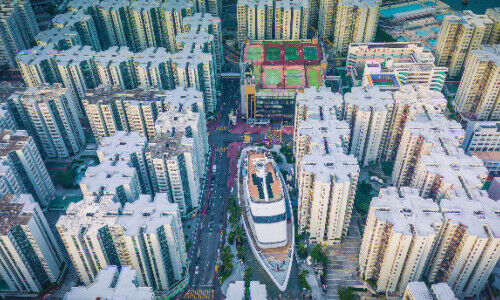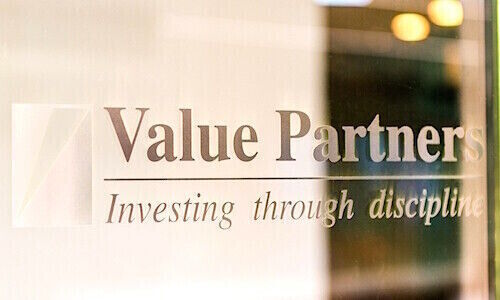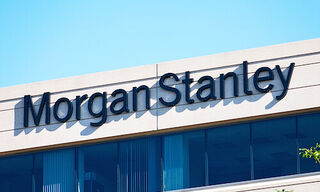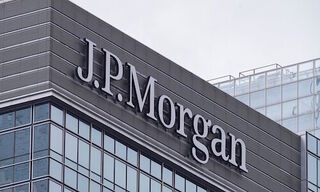Figures show the market is at lows not seen since the 1990s, mirroring the path of a Hang Seng that has fallen almost by half from its all-time highs.
The Hong Kong apartment – or flat. Four walls of microscopically counted net square footage that were once a guaranteed path to a reasonable measure of prosperity for many residents, many of them browbeaten office workers in the financial industry.
For decades, the thousands and thousands of cookie-cutter units stamped out millionaires and multi-millionaires with amazing alacrity. But now the market is stuck in a deep hole, together with the formerly unflappable Hang Seng index, as finews.asia reported just last week.
Up and Up
It was all part of the local economic calculus. Flats and equities rose year after year along with the assumed, taken-for-granted annual pay rises, or increments.
They were usually accompanied by tidy bonus increases that were feverishly anticipated in the politically fraught, work-shy office gossip around the Lunar New Year.
Walking Away
However, they didn’t necessarily ratchet up higher every single year, particularly after the 2008 global financial crisis.
Yet they still had to be very good. If not, the duly angered office employee would take his work elsewhere – and quickly. And for many years, many were able to make out extremely well by wielding that threat menancingly.
Less Trouble
It was all taken as accepted certainty, something you didn’t dare challenge. It was also far less trouble than starting something like a plastic flower business, such as the city’s leading billionaire Li Ka-shing did in the years after the Second World War («South China Morning Post», registration required, eventual paywall).
But now the wheels are starting to come off, at least when it comes to many of the city’s most cherished economic goalposts, according to data released Tuesday by mainline property agency Centaline (traditional Chinese, use Google Translate for English approximation)
They indicated that the overall number of transactions was at a 33-year low. In other words, the fewest number of properties were seen changing hands since records started being kept in 1991. Prices moved in tandem with that drop, falling 13.9 percent from 2022 to the lowest level seen since 2013.
Quixotic Differences
The once-vaunted plate glass skyscraper finance-industrial complex has proven to have rather fragile schematics, as does the ever-quixotic differences in a developer’s definition of gross and net square footage, with regular email property bulletins such as the Squarefoot Weekly Property Recap reflecting the general pessimism.
They now send out links that discuss things like how a debt restructuring can affect a mortgage application (it is as bad as you suspect) where previously it liberally shared the newest, best, and shiniest developments - the ones with the grandest of lobbies, the largest of pools and the most modern gyms and leisure facilities.
High Rates
There are likely many reasons for this, from geopolitics to demographics to China’s property crisis.
But higher interest rates, as finews.asia has previously argued, are probably hurting by far the most. Much same holds for the Hang Seng, which fell by 13.8 percent in 2023, and is now down by about half from its all-time high.
Cause for Optimism
But there might be some cause for a bit of optimism. If interest rates are the main problem, things may look to improve this year.
Many forget that the Hong Kong dollar is pegged to the US dollar and that the city has raised rates in lockstep with the Federal Reserve for almost two years now.
Big Drop
In short, it has been on the wrong side of a roller coaster ride by uneasily, even unnecessarily, importing American fiscal and economic conditions.
But now everything is likely to reverse, and the city faces a good deal of air-time on that same ride back down, potentially relieving the stiff pressure on the property and equity markets. Moreover, lest we forget, it will also be the Year of the Dragon - and that can never be a bad thing.



























